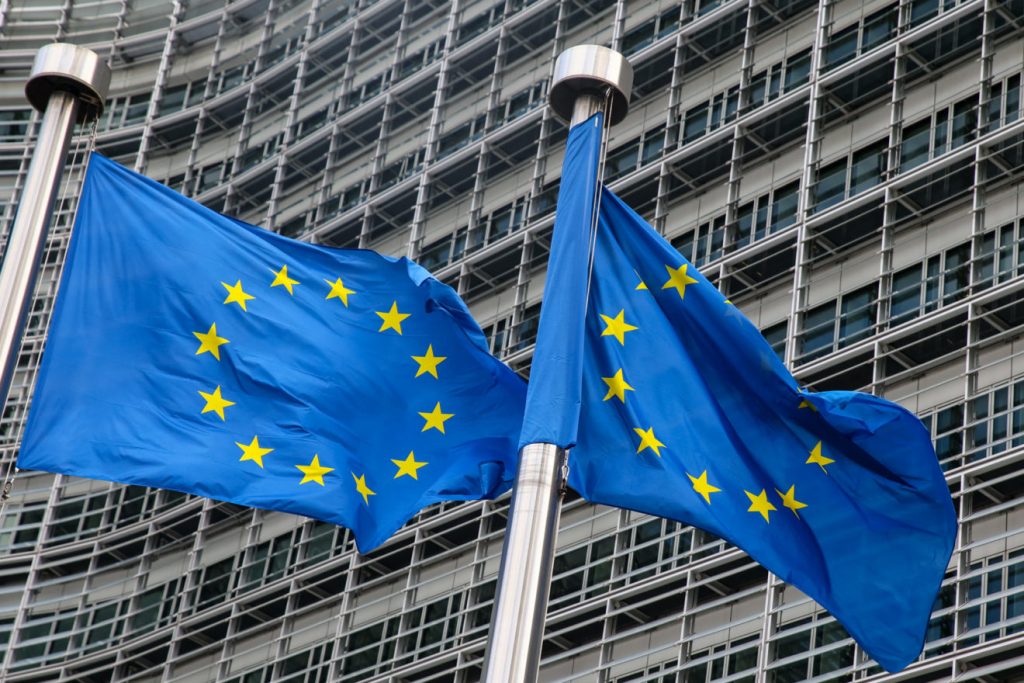According to a new study by the European Patent Office (EPO), while the current European patent system has had a positive impact on the circulation of technologies in the EU single market through trade and foreign direct investment (FDI), the long-awaited Unitary Patent will remove many of the current patent system’s restrictions, which are sometimes seen as stifling EU-wide patent protection.
According to the study titled “Patents, trade, and foreign direct investment in the European Union,” improved patent harmonization has the potential to increase trade and FDI in high-tech manufacturing sectors, resulting in annual gains of €14.6 billion in trade and an additional €1.8 billion in FDI. Medical devices, biopharmaceuticals, ICT, and manufacturing are among the technical industries studied in this study, all of which make extensive use of their intellectual property (IP).
National patents are the only enforceable patent rights under the current system. This implies that patent applicants in Europe must register their granted patent application in each Member State where protection is necessary. Furthermore, patent owners may only prosecute accused infringers on a country-by-country basis, which means that parallel actions involving the same European patent are frequently filed in numerous courts across the EU.
The Unitary Patent will make it feasible to get a European-wide patent with a single application that covers all member states, reducing the necessity to validate a patent before each national office, as is currently required. The introduction of the UP is a solution to eliminate these barriers and constraints, all of which are further explained in this EPO study. Many people regard the current system as fragmented and hindering prospective trade and investment prospects.
Businesses will benefit from a streamlined and harmonized “one-stop” shop administration process for granting and enforcing patents under the new unified patent system, which will provide a simpler, more cost-effective regime. For the grant of a patent with broad territorial scope, a single “Unitary Patent” registration system will require the payment of a single registration and validation fee, as well as a single fee for patent renewals.
Under the UPC, a centralized enforcement system will eventually replace the role of purely national enforcement courts in the different EU Member States in the enforcement of European patents and Unitary Patents, allowing patent owners to enforce their patents uniformly across Europe’s 24 participating countries. As a result, the new unified patent system will significantly lower the costs of patent registration, renewal, and litigation for businesses seeking to preserve and defend their intellectual property rights.
When is the Unitary Patent going to be implemented?
The Unitary Patent (UP) and the introduction of the Unitary Patent Court (UPC), an international court with jurisdiction over infringement issues involving patents and the Unitary Patent, have created a lot of interest and conjecture. Several obstacles have stymied its implementation, most notably Brexit and the more recent delays by Germany, which has not to approve the law and has postponed its decision until the end of December.
In the case of Ireland, ratification of the UPC agreement necessitates a legislative amendment. However, no date has been specified, and while the government has declared preparations for up to seven referendums in 2018 and 2019, no action for the UPC has been mentioned. Now it’s just a matter of waiting.
You can find the list of EU IP Firms here.
